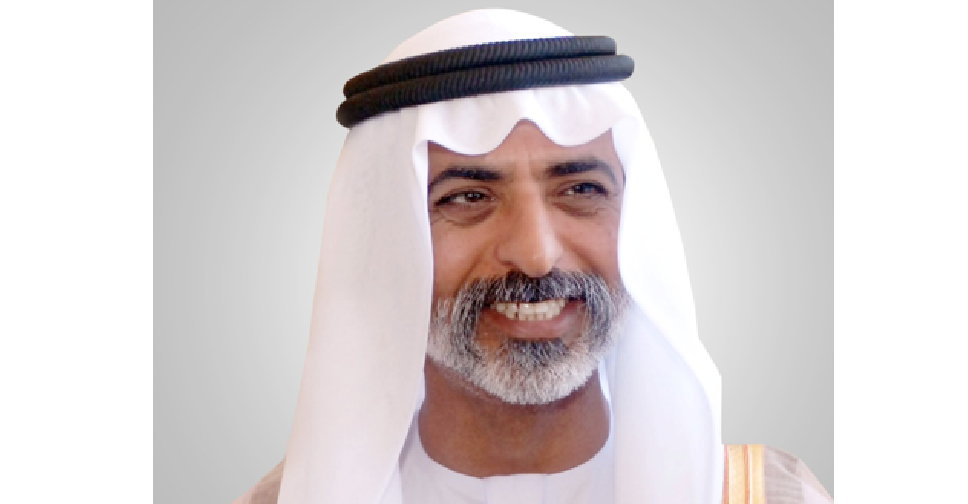
China is upping its game in Africa even as its own economy cools and a global slump in commodities hampers the outlook for the world’s poorest continent. At a summit in Johannesburg with dozens of African heads of state, President Xi Jinping, on his second visit to the continent since becoming the leader of the world’s second-largest economy in 2013, announced $60 billion (Dh 220.3 billion) in funding to promote cooperation and support development efforts in the region. This includes $5 billion (Dh 18.36 billion) of interest-free loans and $35 (Dh 128.5 billion) in preferential financing, export credit lines and concessional loans. Xi also committed $1.2 billion (Dh 4.41 billion) for work on power plants in Zimbabwe and pledged to invest 94 billion rand (Dh 24.03 billion) in infrastructure and other projects in South Africa. While China is Africa’s largest trading partner, with two-way flows exceeding $220 billion (Dh 808 billion) last year, the continent primarily exports commodities, while purchasing manufactured goods. Chinese investment in Africa fell by more than 40% in the first half of 2015 as economic growth in the world’s largest buyer of raw materials slowed, according to the Chinese Ministry of Commerce. The International Monetary Fund is forecasting an economic expansion of 3.8% this year for sub-Saharan Africa and 4.3% in 2016, down from 5% last year. The two-day summit of the Forum on China-Africa Cooperation in South Africa’s commercial capital is the first top-level gathering to be held in the continent since the grouping was formed in 2000. While trade relations and development projects were top of the agenda, talks also touched on joint security efforts, with Xi pledging a $60 million (Dh 220.3 million) grant to support the building and operation of the African Standby Force. The Chinese government wants to encourage companies to help boost industrialization in African countries, Vice Minister of Commerce Qian Keming told reporters on Saturday. Cheap labor is one of the continent’s competitive advantages, he said. African leaders at the summit, including Zimbabwean President Robert Mugabe and Kenyan President Uhuru Kenyatta, disputed the notion that China wants to exploit the continent’s mineral resources with no lasting benefits for Africa. The commitments made by Xi “is a clear indication that China is committed to Africa’s development agenda on the basis of a win-win partnership,” Kenyatta told reporters at the summit on Saturday. “Here is a partner who is leaving something behind, who is working with us to pull our countries out of poverty.” African countries from Ghana to Zambia have been hit by lower commodity prices and prospect of higher U.S. interest rates that is driving investors away from riskier assets and contributing to weaker currencies. Despite the slowdown, four of the ten fastest-growing economies in the world will still be in Africa next year, according to IMF forecasts. (Bloomberg/ Rene Vollgraaff and Amogelang Mbatha)

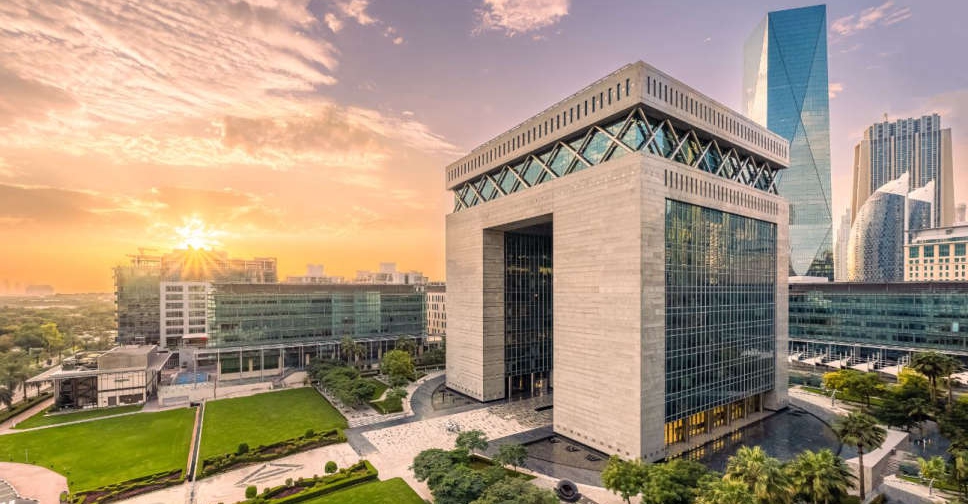 DIFC joins 4th edition of 1 Billion Followers Summit as Gold Partner
DIFC joins 4th edition of 1 Billion Followers Summit as Gold Partner
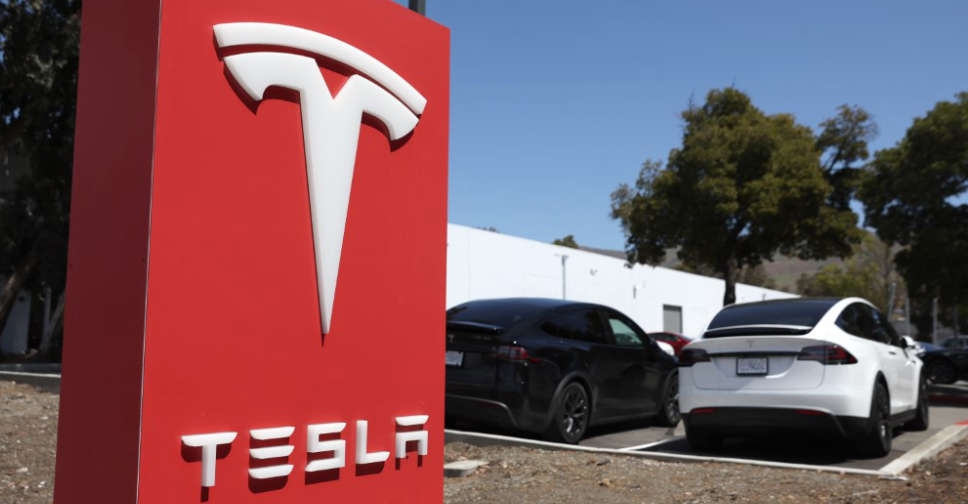 Tesla requires suppliers to avoid China-made parts for US cars, WSJ reports
Tesla requires suppliers to avoid China-made parts for US cars, WSJ reports
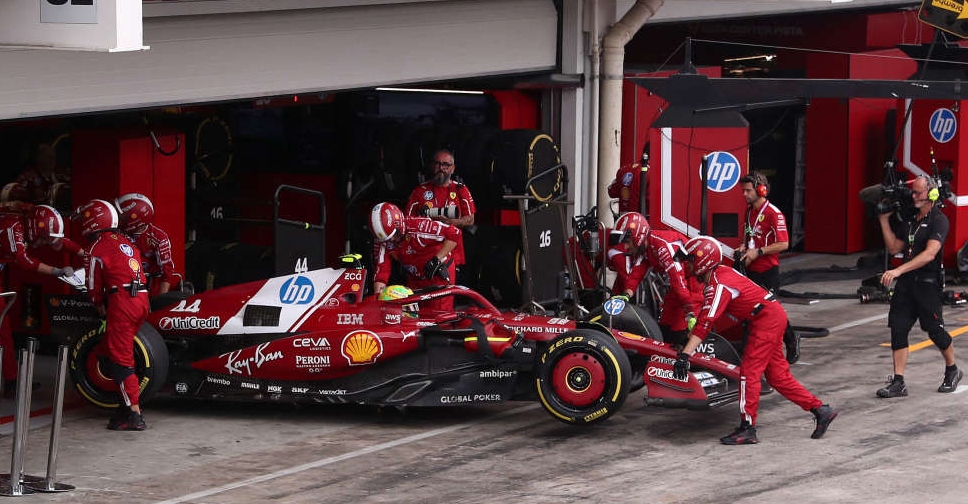 Ferrari leads as Sportico’s F1 team values soar past $34B
Ferrari leads as Sportico’s F1 team values soar past $34B
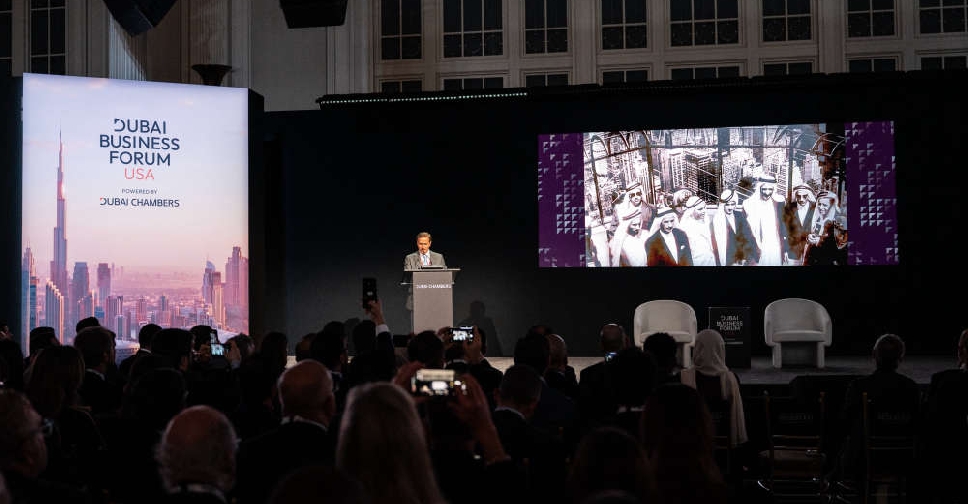 Dubai Chambers opens first US office in New York
Dubai Chambers opens first US office in New York
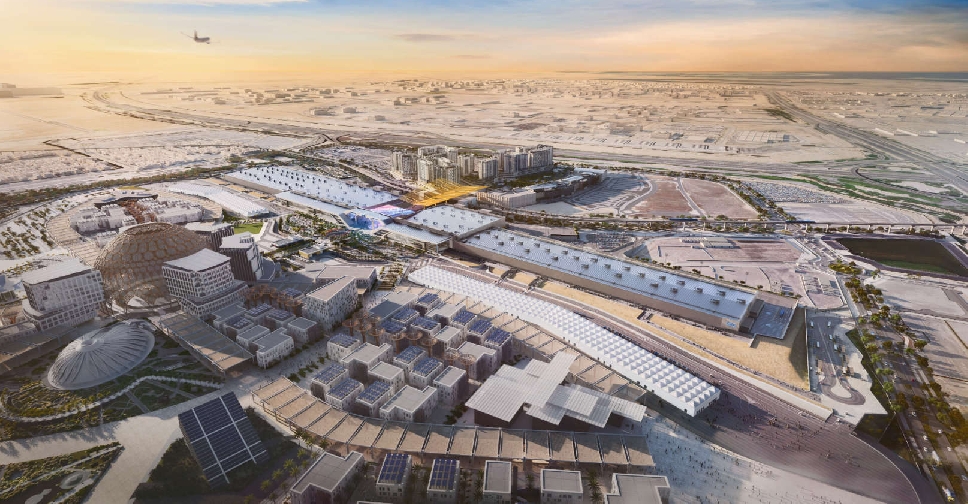 Dubai Exhibition Centre gears up for mega events
Dubai Exhibition Centre gears up for mega events



